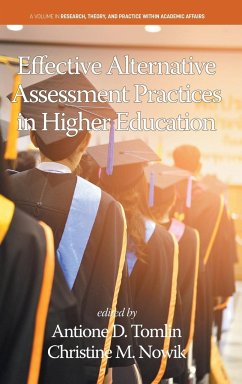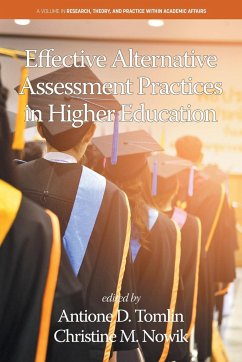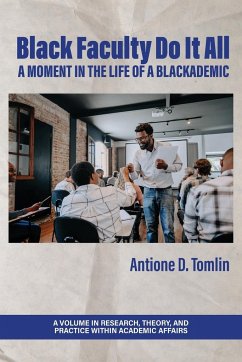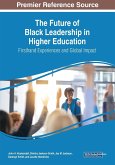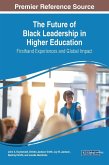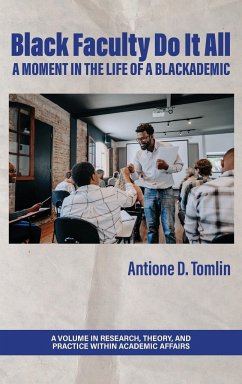COVID-19 and increased attention to how institutions of higher education (IHEs) serve an increasingly diverse student population have brought conversations about "standard" practices from the margins to the center as faculty explore how to improve learning and student success for all students. Historically, IHEs were built by a privileged class for a privileged class, a system, and structure built on specific epistemologies, practices, and habits of mind and language that replicate privilege and leave many students underserved in their academic pursuits. One way faculty have increased equity in their college classrooms is through the use of alternative assessment (alt-assessment) practices. This volume aims to share the experiences of faculty who have leveraged "non-traditional" grading paradigms for the sake of increasing student learning, a sense of belonging, and equity in their classrooms. Meant to orient faculty who are considering how to implement alt-assessment in their own classes as well as those who are already employing various grading frameworks, this volume will celebrate new and innovative approaches, share lessons learned, and invite a broader coalition of faculty into the stream of conversation about pedagogical innovation. Faculty, educators, and practitioners share their approaches to alternate assessment in this volume, as well as the critiques, lessons, and outcomes associated with their pedagogical decisions. Written by practitioners for practitioners, we hope the book will provide theoretical and practical guidance for alternative assessment practices such as ungrading, contract grading, standards-based grading, and labor-based grading across various disciplines and within different academic contexts.
Bitte wählen Sie Ihr Anliegen aus.
Rechnungen
Retourenschein anfordern
Bestellstatus
Storno

